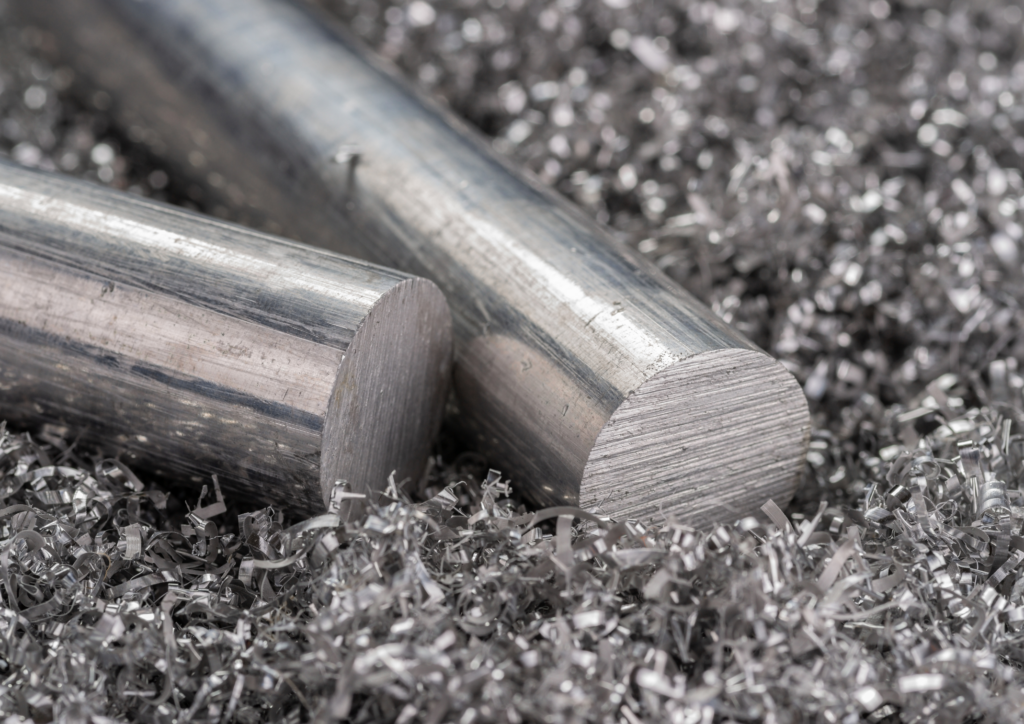
As the shift toward sustainability gains momentum globally, the e-bike industry is taking a keen interest in the types of materials used in manufacturing, recognizing that these choices extend far beyond mere performance. These materials profoundly influence the environmental footprint and the sustainable development of the industry. In this blog post, we explore the critical role that material selection plays in e-bikes and how sustainable and eco-friendly materials are setting the stage for the future of transportation.
The Evolving Landscape of E-Bike Materials
The rapid growth of the e-bike industry has sparked significant innovations in manufacturing materials. Historically, e-bikes have been constructed from aluminum and steel. While these materials are known for their strength and durability, their production involves substantial environmental costs. In response to increasing demand for sustainable transportation options, manufacturers are turning to alternative materials, such as bamboo, recycled plastics, and bio-based composites. These materials are not only environmentally friendly but are also revolutionizing e-bike manufacturing with their potential to balance performance needs with ecological benefits.
Advantages of Sustainable Materials for E-Bikes
Employing sustainable materials in the construction of e-bikes offers several benefits. Primarily, these materials help diminish the overall carbon footprint of e-bike production, thereby reducing environmental impact. Sustainable materials, such as bamboo, are often lighter than traditional metals, which enhances the energy efficiency and range of e-bikes. Additionally, the use of recycled plastics and bio-based composites supports a circular economy by minimizing waste and maximizing the reuse of resources.
Examples of Sustainable Materials:
- Bamboo Bee is a startup using engineered bamboo for bike frames, which are not only strong and lightweight but also biodegradable.
- Green Composite utilizes resins derived from plant-based sources to create durable, recyclable composite frames for e-bikes.
- Recycled Aluminum offers a less energy-intensive option compared to new aluminum, with many manufacturers turning to recycled aluminum to reduce the environmental impact.
Challenges and Innovations
Transitioning to sustainable materials is not without its hurdles. A significant challenge is ensuring that e-bikes maintain their structural integrity and performance standards using new, less familiar materials. Manufacturers are tackling this issue through cutting-edge engineering and rigorous material testing. Continuous research and development in materials science are also crucial, leading to the creation of innovative, high-performance sustainable materials designed specifically for e-bikes.
Future of Sustainable Materials in E-Bike Manufacturing
The trajectory for e-bike manufacturing is clearly steering towards the adoption of sustainable materials. As consumer preferences increasingly lean towards environmentally friendly products, e-bike manufacturers are positioned to spearhead the movement for sustainable transportation. By incorporating eco-friendly materials, e-bikes not only meet global environmental objectives but also enhance their market appeal as symbols of conscientious mobility. With ongoing technological advancements, the potential for innovative materials promises a dynamic future for e-bike manufacturing.
Conclusion: Crafting a Greener Future for E-Bikes
The transformation in e-bike manufacturing towards sustainability is profound, with eco-friendly materials at its heart. The significance of material choice in e-bikes is paramount—it shapes their environmental impact, performance, and sustainability. Adopting sustainable materials is essential not only for reducing emissions and waste but also for aligning with the global shift towards more sustainable mobility solutions. As the e-bike industry continues to evolve and innovate, it moves closer to a greener and more sustainable future, driven by the potential of these revolutionary materials.
4

I definitely agree on the use of bio-based composites. They’re a game-changer for e-bike manufacturers. Let’s hope they become more mainstream and widespread soon.
We’re glad to hear that you share our enthusiasm for bio-based composites, Prashant. At Eko Life Malaysia, we’re also exploring ways to incorporate more sustainable materials into our e-bike products and services. Please feel free to reach out to us for more information at [email protected] (E-MAIL) or +60 3-7890 3042 (PHONE). We’re committed to making e-bike manufacturing more eco-friendly and efficient for a greener future!
The shift towards sustainable materials is a good start, but manufacturers should also focus on recyclable batteries and sustainable assembly processes to minimize environmental impact even further.
We completely agree that sustainable materials are just the beginning. We are also committed to providing affordable and eco-friendly e-bikes that promote a greener lifestyle. Our e-bike recycling program is currently in development, which will allow us to properly recycle and repurpose our e-bikes and batteries at the end of their life cycle. Additionally, our factory follows lean manufacturing principles to minimize waste and ensure efficient assembly processes. We appreciate your feedback and would love to discuss further, please contact us at [email protected] or +60 3-7890 3042.
It’s great to see e-bike manufacturers prioritizing sustainability. Using bamboo and recycled plastics will not only reduce waste but also create eco-friendly products. A win-win for the environment and consumers!
Thank you for sharing your thoughts, Rachel! We completely agree with you on the importance of sustainability in e-bike manufacturing. At Eko Life Malaysia, we’re passionate about empowering a green and eco-friendly cycling community. Our entire product range is designed with the environment in mind, and we’re committed to continuously improving our sustainable practices.